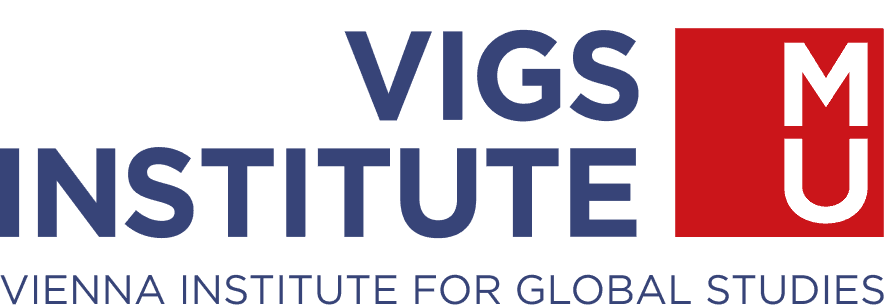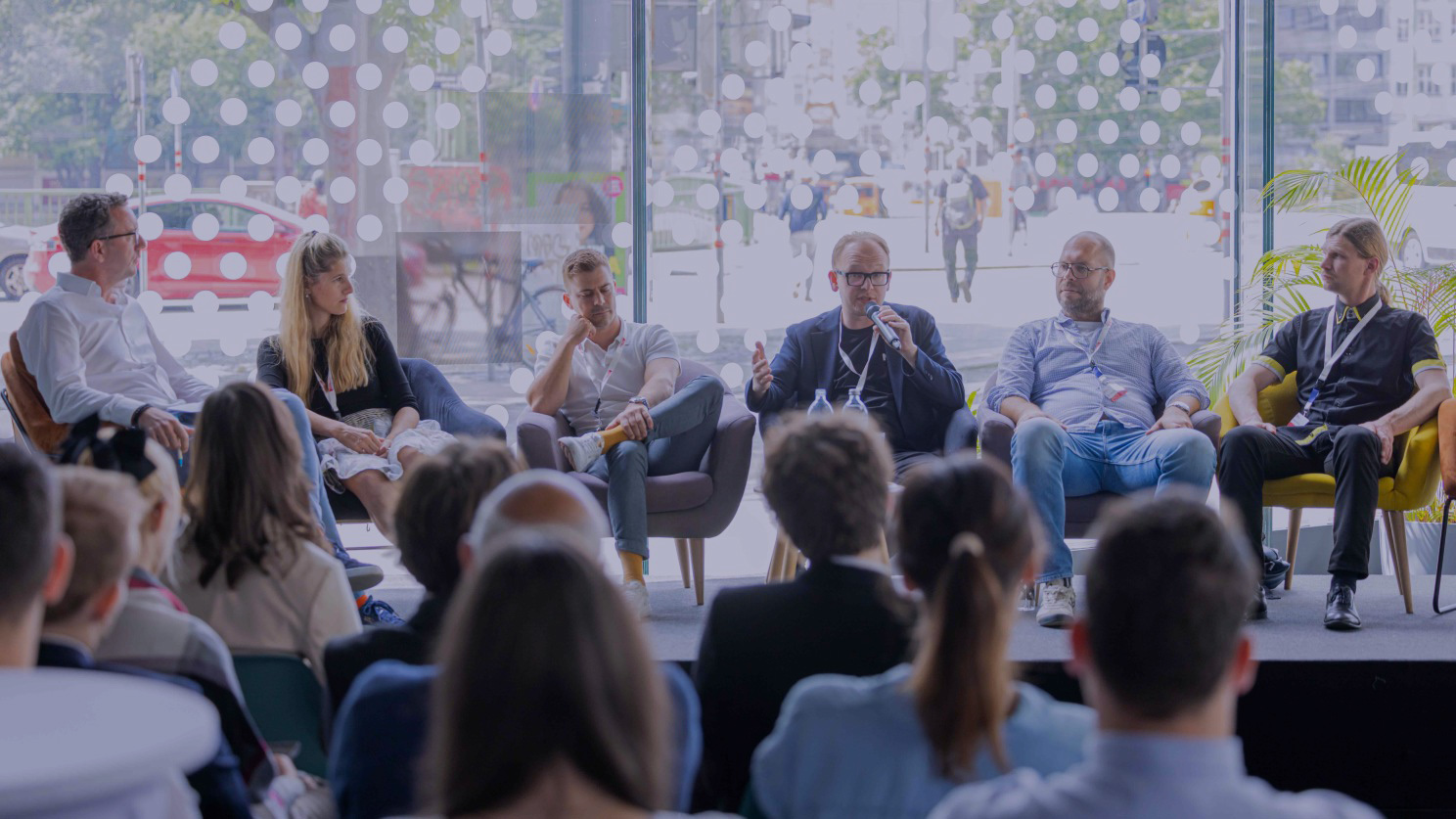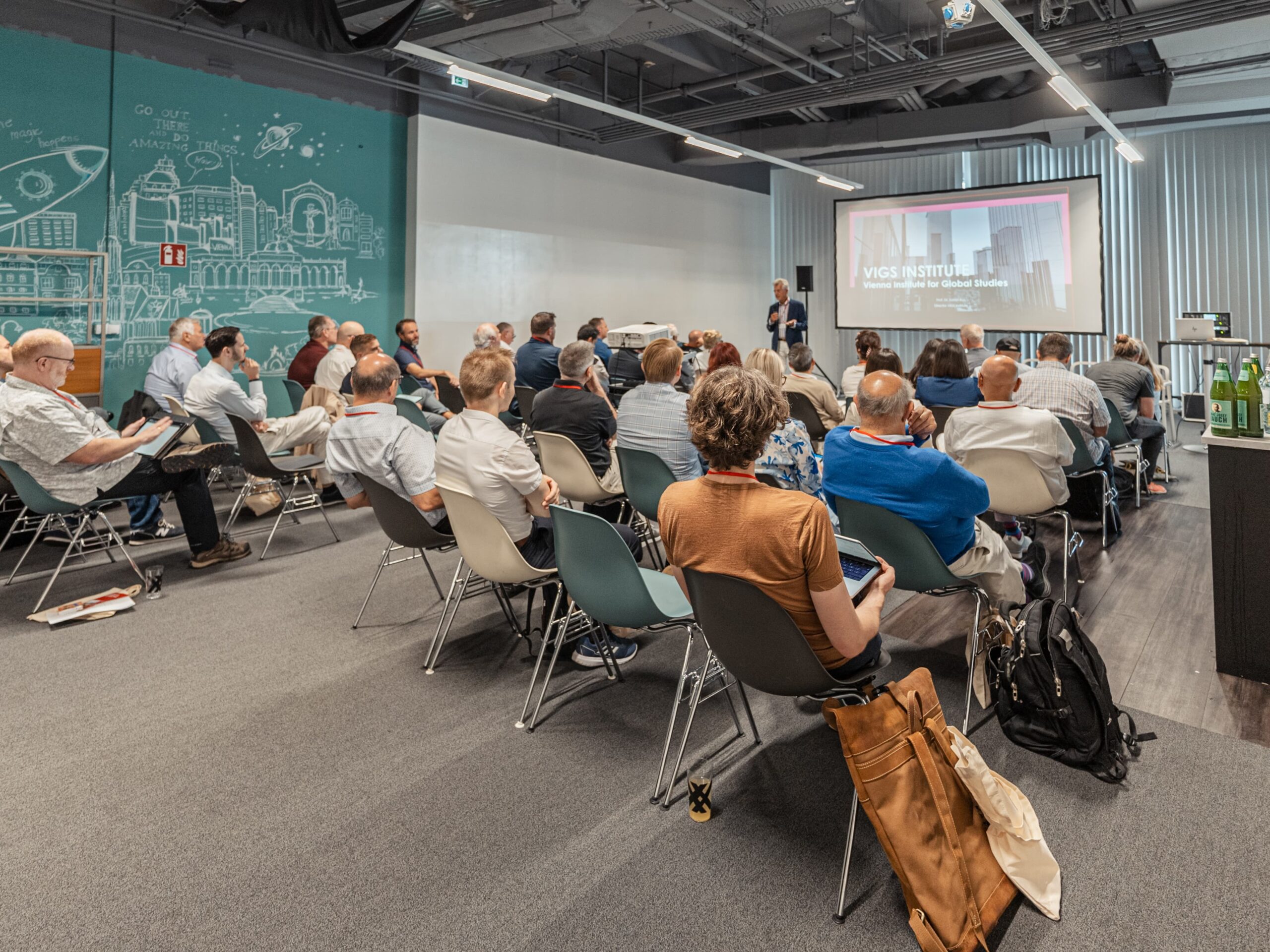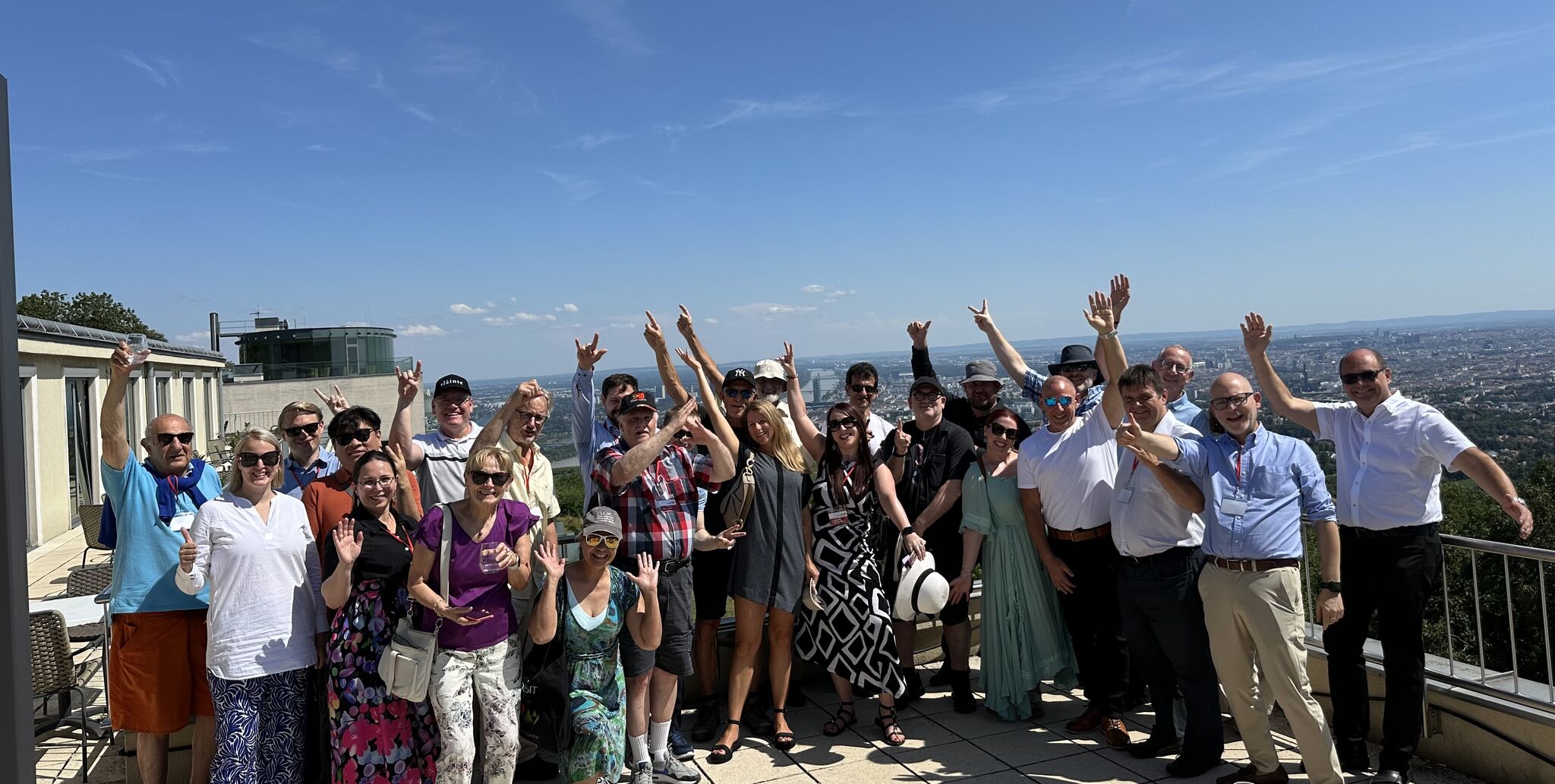SEMART 2025: 10 Years of Advancing Stress Research and Resilience Education
The 10th International Summer School on Stress (SEMART: Stress Education, Management and Resilience Training) marked a significant milestone, celebrating ten years of interdisciplinary research and academic exchange in the field of stress science. SEMART has contributed to advancing global dialogue on stress, health education, and resilience, aligning with broader efforts to prioritize well-being in both academic research and public health initiatives.
Held from June 3–6, 2025, the anniversary edition was organized by the Vienna Institute for Global Studies in cooperation with Modul University Vienna and the American University of Health Sciences and took place for the first time in Vienna. This special gathering brought together faculty, students, clinicians, and researchers to explore the multifaceted nature of stress across physiological, psychological, and social dimensions.
Program Overview and Activities
The program combined academic depth with practical learning, offering a comprehensive exploration of stress science through a range of formats. Participants attended lectures, workshops, and panel discussions focused on five central themes:
- Distress and eustress: physiological and psychological mechanisms
- Stress-related diseases and system-level interventions
- Resilience-building techniques for individuals and teams
- Workplace stress management and organizational strategies
- The future of stress science in digital and AI-integrated health
Interactive workshops allowed for small group learning, where attendees practiced applied techniques related to stress reduction, resilience, and cognitive-emotional regulation. Poster presentations provided a platform for early-stage research, student projects, and academic dialogue.
The program also integrated cultural and social components. A guided visit to the Mozart Museum offered not only historical context but a reflection on the role of music in stress perception and emotional processing. Evening gatherings social gatherings complemented the academic schedule, fostering informal exchange and international collaboration among participants.
Faculty Contributions
The academic program was shaped by contributions from a distinguished international faculty, each bringing unique expertise to the discussion of stress and resilience:
- Prof. Dr. Sandor Szabo on the historical development of stress science and the role of stress in gastrointestinal disorders
- Prof. Dr. Yvette Tache on neuroendocrine responses to stress and their clinical implications
- Prof. Dr. Bruno Bonaz on vagus nerve stimulation and hypnosis as therapeutic tools for stress-related conditions
- Prof. Dr. Oksana Zayachkivska on metabolic effects of distress and the integration of AI in personalized stress care
- Prof. Dr. Gerald A. Maguire on psychiatric dimensions of stress and resilience in speech disorders
- Prof. Dr. John V. Schloss on the relationship between stress and Alzheimer’s disease, with emphasis on preventive nutraceutical strategies
- Prof. Dr. Martina Rojnić Kuzman focusing on psychiatric resilience and mental health across occupational and clinical settings
- Dr. Janos Filakovszky presenting applied frameworks for organizational stress reduction and resilience-building in the workplace
Guest Speakers:
- Dr. Christiane Druml (Austria) – Director, Josephinum – Medical collections
- Dr. Oliver Peter Graber (Austria) – Head, Research Institute for Music Medicine at Jam Music Lab University
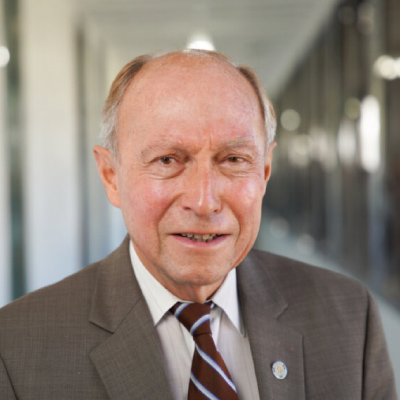
(USA)
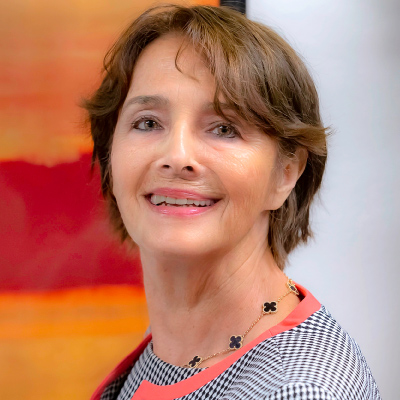
(USA)
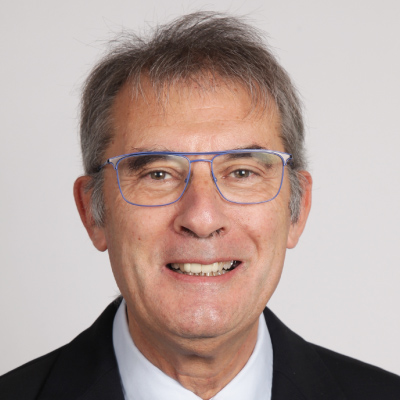
(France)
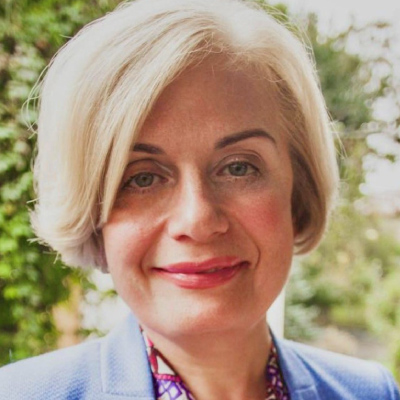
(Ukraine/USA)
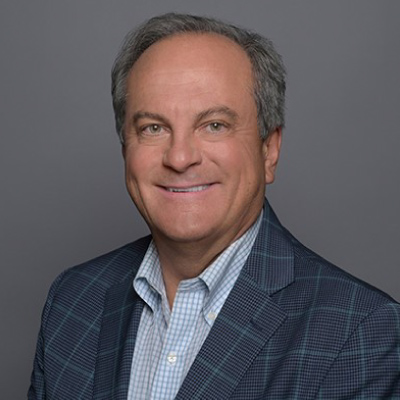
(USA)
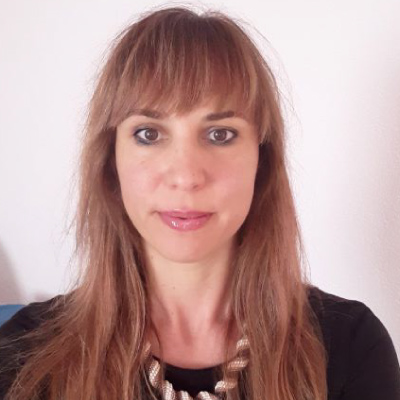
(Croatia)
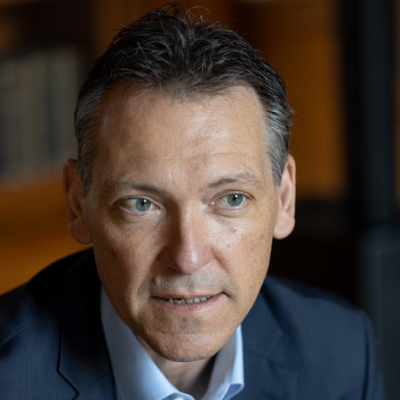
(Austria)
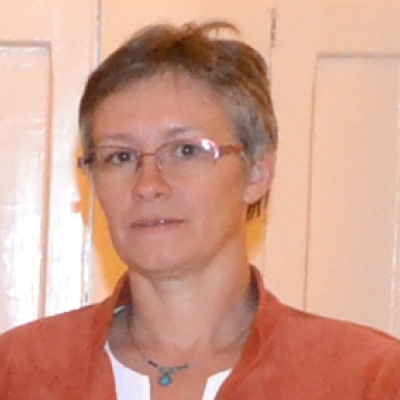
(Hungary)
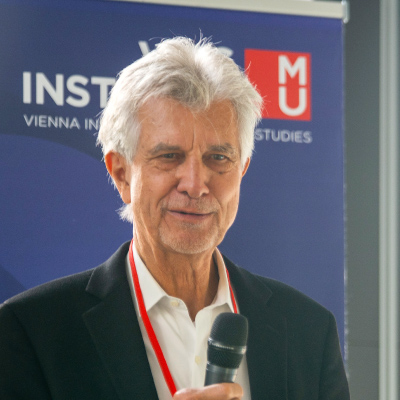
(USA/Austria)
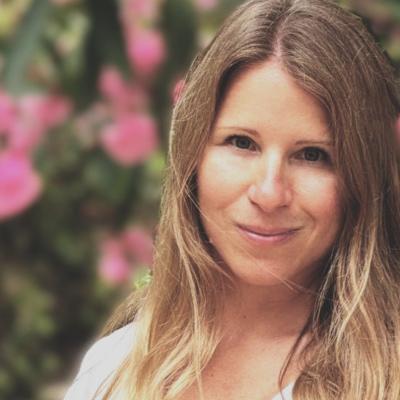
(Hungary/Austria)
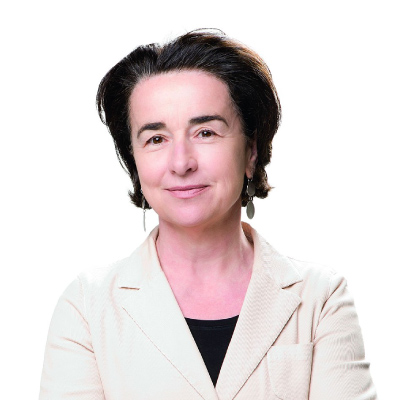
(Austria)

(Austria)
Relevance for the Vienna Institute for Global Studies
Well-being and health are part of the Vienna Institute for Global Studies’ research directions. Supporting and co-organizing SEMART 2025 aligned with the institute’s interdisciplinary outlook and its interest in engaging with emerging global challenges.
Download section
